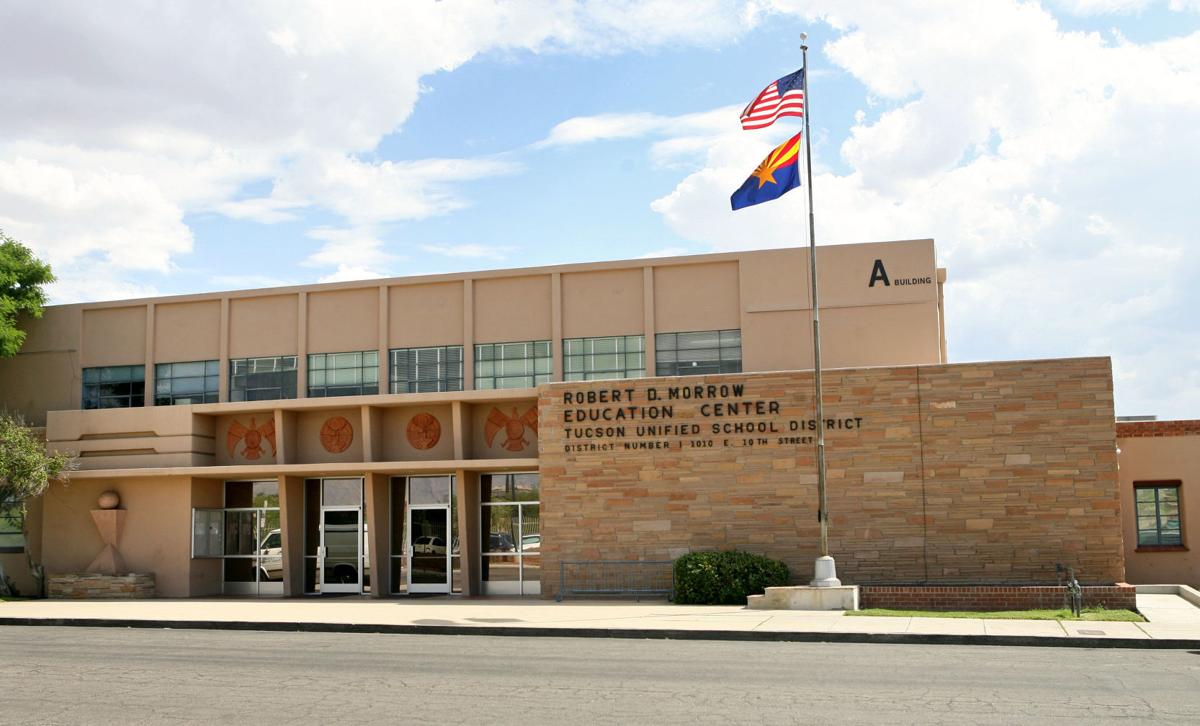PHOENIX — Taxpayers in the Tucson Unified School District are not entitled to state help for money spent on the cost of court-ordered desegregation programs, the state Court of Appeals ruled Tuesday.
In a unanimous decision, the judges said Arizona lawmakers were within their rights three years ago to declare that such expenses were the sole responsibility of district residents. They said lawmakers were entitled to make the policy decision that taxpayers from around the state should not be on the financial hook for desegregation expenses in TUSD.
More to the legal point, the judges said the change in the law did not run afoul of a 1980 constitutional amendment limiting local taxes.
Tuesday’s ruling most immediately affects $8.1 million that a trial judge said TUSD was entitled to get from the state after he found the 2018 legislative maneuver illegal.
But it has implications beyond that. Unless overturned, it means local taxpayers will have to bear the full brunt of the cost of the desegregation programs from now on.
There was no immediate comment from either district officials or Pima County Administrator Chuck Huckelberry. The county is involved because, as the entity that levies taxes for the district and all local governments, it is in the middle of the fight.
But Sen. Vince Leach, R-Tucson, said he was pleased the judges upheld the law.
He said a key purpose of the law was to ensure that taxpayers from around the state were not on the financial hook for desegregation expenses incurred by TUSD and a handful of other school districts.
Leach also said the ruling means that district residents now will clearly see the cost of the desegregation programs on their annual property tax bills, something he said was hidden from the time the district became subject to a desegregation order in 1978.
“People never knew that they were paying for deseg, in the case of Tucson, which was 41 years old” when the Legislature adopted the change,’’ he said. This change, he said, might cause residents to start asking the school board more questions.
At the heart of the issue is a 1980 voter-approved constitutional amendment that caps primary property taxes — generally the basic operating costs of running government and schools — at 1% of a home’s full cash value. That’s a figure that is supposed to represent the market value of the property.
So on a $200,000 home, the maximum primary property tax can be no more than $2,000 for all levels of government.
That cap, however, does not cover secondary property taxes, things that voters impose on themselves like bonds and improvement districts.
But since at least 1985, the cost of desegregation programs has always been considered part of the primary tax.
All that’s important because that 1980 constitutional provision says once a homeowner’s primary taxes hit that 1% figure — including all city, county and school district levies — the state is responsible for the excess. And once the desegregation costs were added, if the levy for homeowners in any given year exceeded that 1% cap, the state made up the difference.
In 2018, Gov. Doug Ducey, looking for money to help finance his plan for teacher pay raises, proposed moving those desegregation expenses into the secondary tax category. The plan, adopted by the Legislature, put the additional burden strictly on the local taxpayers, saving the state about $8.1 million that otherwise would be needed to be spent to keep the total primary property taxes for TUSD residential property owners below that 1% cap.
Tax Court Judge Christopher Whitten ruled in 2019 that lawmakers can’t do that.
He said what is and is not subject to that 1% cap is limited by the Arizona Constitution. And Whitten said lawmakers could not simply remove desegregation expenses from the list of what is classified as a primary property tax — and the limit — and make it part of the secondary property tax.
But appellate Judge Lawrence Winthrop, writing for the three-judge panel, said that misses the point.
“It does not follow that because desegregation expenses are subject to the 1% cap, so, too, they must be subject to reimbursement by the state,’’ he said.
Winthrop said part of the problem with TUSD’s argument is that the Arizona Constitution does not define “secondary property taxes.”
“That is a term of the Legislature’s creation,” he said. “The Legislature is free to modify it.”
And that, said Winthrop, is what happened here.
“Just as the Legislature previously enacted a method to assist districts in paying desegregation expenses, so too could the legislature enact new legislation that would end the practice,’’ he said, calling that “a policy decision consistent with the legislature’s power of the purse.”





